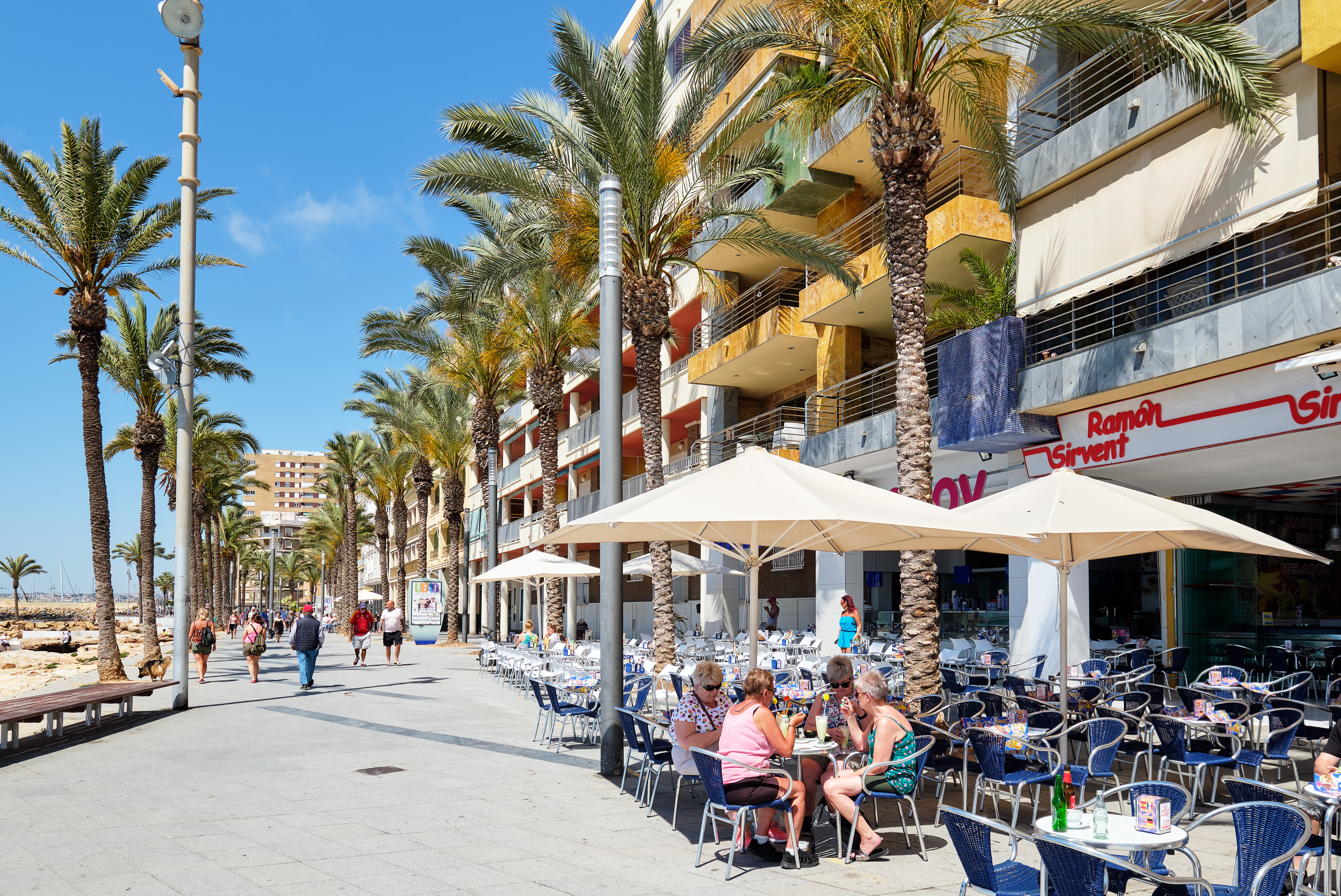Family Members Of Spanish Nationals: New Regulations, New Permit

Among the various new features introduced by the new Immigration Regulations (Royal Decree 1155/2024, dated 19 November), which will come into effect on 20 May 2025, one stands out that will have a significant impact on non-EU family members of Spanish nationals.
Written for Expat Network by Brian García, immigration lawyer at AGM Abogados
That is, foreigners who are not nationals of a European Union (EU) member country, and family members of individuals with Spanish nationality, will no longer have their residence and work rights regulated by Royal Decree 240/2007, which covers the EU regime. Starting from the entry into force of the new Immigration Regulations, all these aspects will be regulated in Articles 93 to 99 of the new decree.
Thus, and according to Article 94 of the new legal text, the following family members may apply for this residence permit:
- Adult spouses.
- Registered adult domestic partners.
- Stable, non-registered partners, who must prove their relationship, one year of cohabitation, and/or the existence of children in common.
- Children, both Spanish national and their spouse’s or partner’s, under 26 years of age, or older if they are dependent or have a disability that requires support from the family member. Previously, children could only be included up to 21 years old without having to prove dependency, but this has now been extended to 26.
- Direct first-degree ascendants, as well as those of their spouse or partner, provided they are dependent and have no family support in their country of origin, or there are humanitarian reasons requiring the support of the Spanish family member. The new regulations do not set a minimum age for parents. However, they must always prove dependency or humanitarian reasons. Under the current regulation, parents over 65 did not need to prove anything beyond their family relationship.
- Parents or guardians of a minor with Spanish nationality who are dependent on and live with them.
- Children whose father or mother is or was a Spanish national by birth. This is a major change, as until now they only had certain advantages under the national employment situation, but not the right to obtain a residence permit as family members of a Spanish national.
- A family member (in this case, only one family member could apply) up to the second degree, who provides or will provide care for their Spanish national relative in a dependent situation, and who has one of the dependency levels recognised by Spanish law.
On the other hand, the new law regulates in Article 94.1, section i), a catch-all provision that would allow all other relatives not listed above to apply for a residence permit as a family member of a Spanish national, provided they can prove economic dependency, cohabitation, degree of kinship, and, if applicable, serious health or disability reasons.
Regarding the application procedure, it will begin as follows:
- By the Spanish national if they are in Spain and their family member is in their country of origin or country of residence.
- By the foreigner if both they and the Spanish national are outside Spain.
- Either by the foreigner or the Spanish family member if both are in Spain, and this applies to the following family members: spouse, partner, direct first-degree ascendants, family members up to the second degree who will care for the Spanish relative in a dependent situation, and minor children (both Spanish national and their spouse’s or partner’s).
Once the application is submitted, the processing period will be two months from submission, during which the applicant will have the right to reside and work both as an employee or self- employed until a decision is made.
Regarding the resolution period, it is important to note that, while if two months pass without a decision being notified, the application will be considered denied by “negative silence,” in practice, it is very likely that the Administration will respond after more than two months, possibly granting the permit. Therefore, there is no need to panic or worry if the processing of the application takes longer than two months.
Once the residence permit is granted, unlike the EU regime (where the validity of the permit starts from the date of the application), the permit will take effect from the date of its grant or the date of entry into Spanish territory after the permit is granted, in the case of applications made when the foreign family member is in their country of origin.